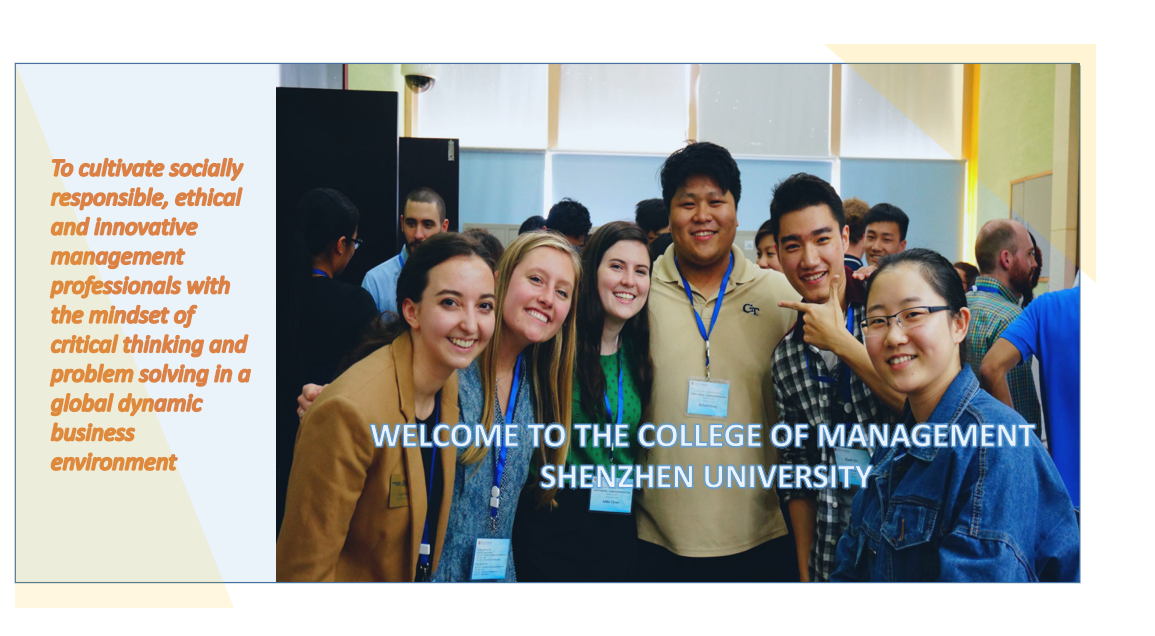Theme: Research on Building and Community Safety Based on Artificial Intelligence
Lecturer: Professor Zhang Hui (Tsinghua University)
Host:Assistant Professor Wang Gangqiao (College of Management, Shenzhen University)
Time:09:30 - 11:00, March 7, 2024 (Thursday)
Venue: A402, Mingli Building, Lihu Campus, Shenzhen University
Lecturer profile:
Zhang Hui is the Deputy Dean of the School of Safety Science at Tsinghua University, a distinguished professor appointed by the Ministry of Education, and a recipient of the prestigious CAREER Award from the National Science Foundation of the United States. He obtained his Ph.D. in Mechanical Engineering from the Polytechnic Institute of New York University in 1994. In 2002, he received a tenured position in the Department of Mechanical Engineering at Stony Brook University, The State University of New York, and returned to China to work at Tsinghua University at the end of 2007. He has successively served as the principal investigator for a major research plan and four other major key projects of the National Natural Science Foundation of China, and as the principal investigator for key research and development projects of the Ministry of Science and Technology. He is in charge of the Tsinghua-Boeing Joint Research Center. He serves as a member of the Advisory Board to the Chair of the International Organization for Standardization's Public Safety Committee (ISO/TC223) and is a distinguished researcher appointed by the World Health Organization (WHO). He is the editor-in-chief of the international journal "Journal of Safety Science and Management" (EI/ESCI) and has published more than 200 SCI-indexed papers with over 3000 citations. He has received the first prize of the Ministry of Education's Science and Technology Progress Award, the first prize of the Beijing Higher Education Teaching Achievement Award, the second prize of the Beijing Science and Technology Award, and has won first and second prizes from academic societies.
Abstract:
The digital and intelligent development of urban safety monitoring, coupled with the increasing complexity of materials and structures, will further intensify the suddenness, randomness, and severity of fires, bringing new hidden dangers and challenges to urban building safety. Therefore, more effective control measures and accurate, rapid fire perception and prediction methods are needed. Distributed control provides a feasible approach, and enhancing the intelligent analysis capabilities of edge terminals to improve the safety of buildings and communities requires further exploration and research. Distributed situation prediction methods for building and community safety, such as fires, can make online predictions about the development of disaster situations and effectively correct the systematic errors of disaster models. Compared with global fire model predictions based on data assimilation, there is a significant improvement in accuracy and computational efficiency. By exploring artificial intelligence technology, using panoramic situation awareness and generative AI-driven simulation for case decision analysis, we can avoid systemic risks in urban buildings and communities.
All interested faculty and students are welcome to attend!





